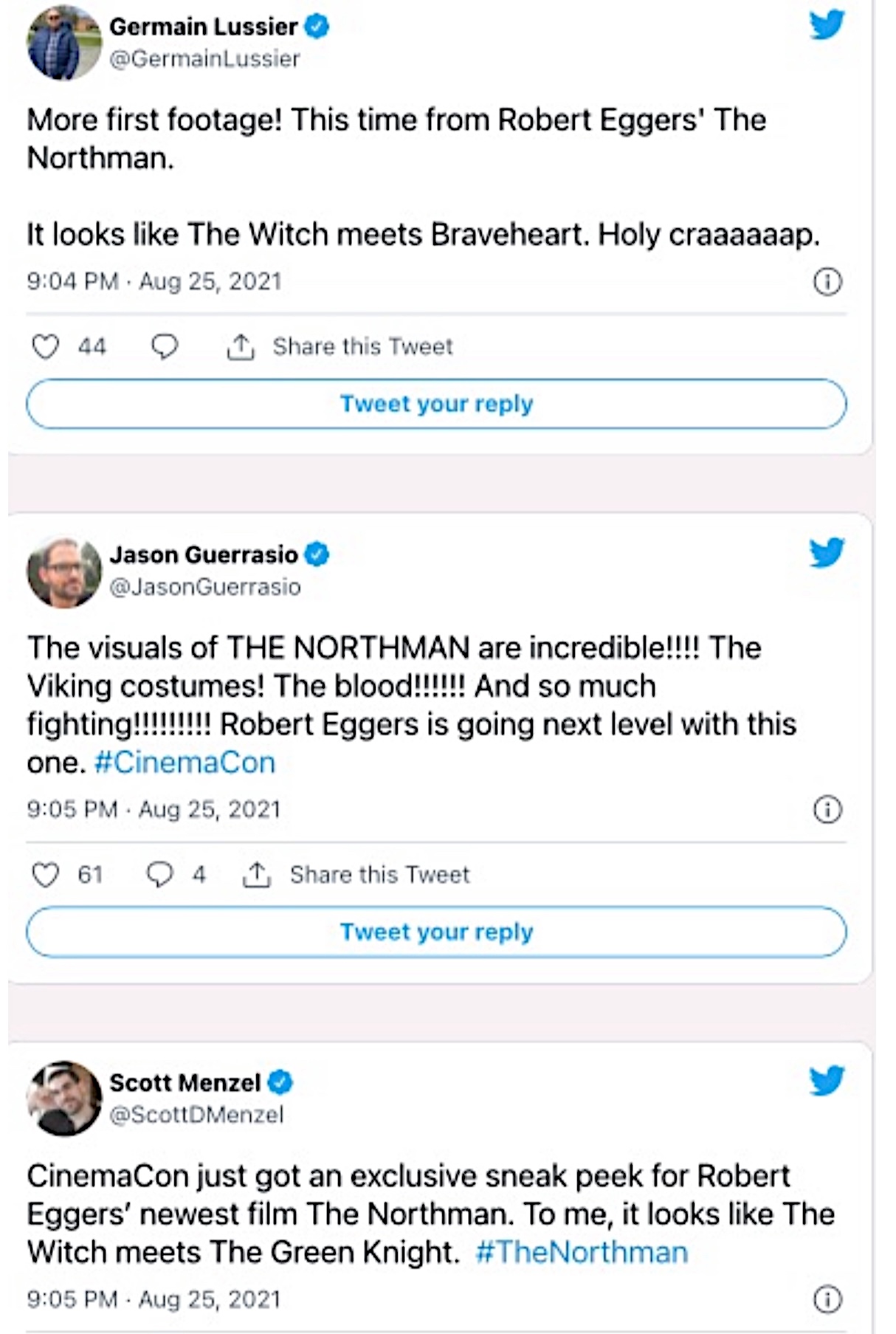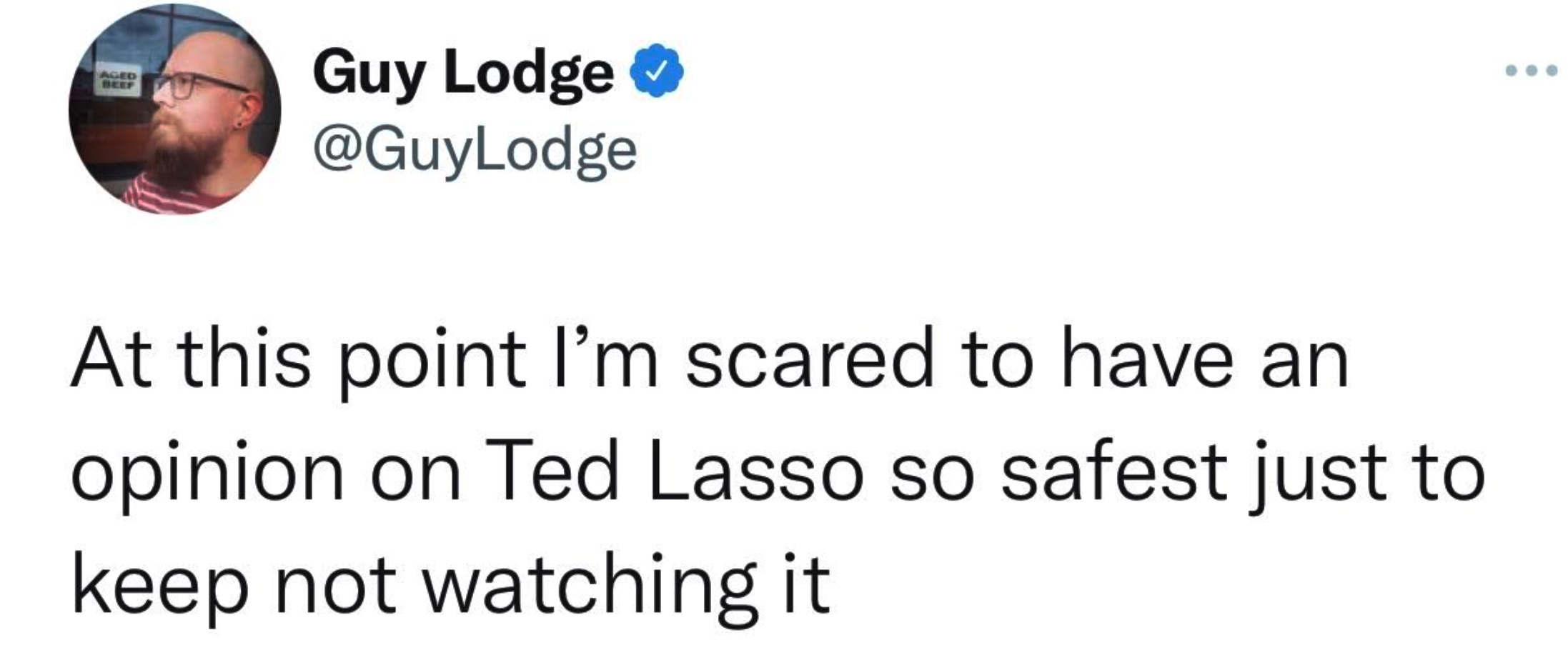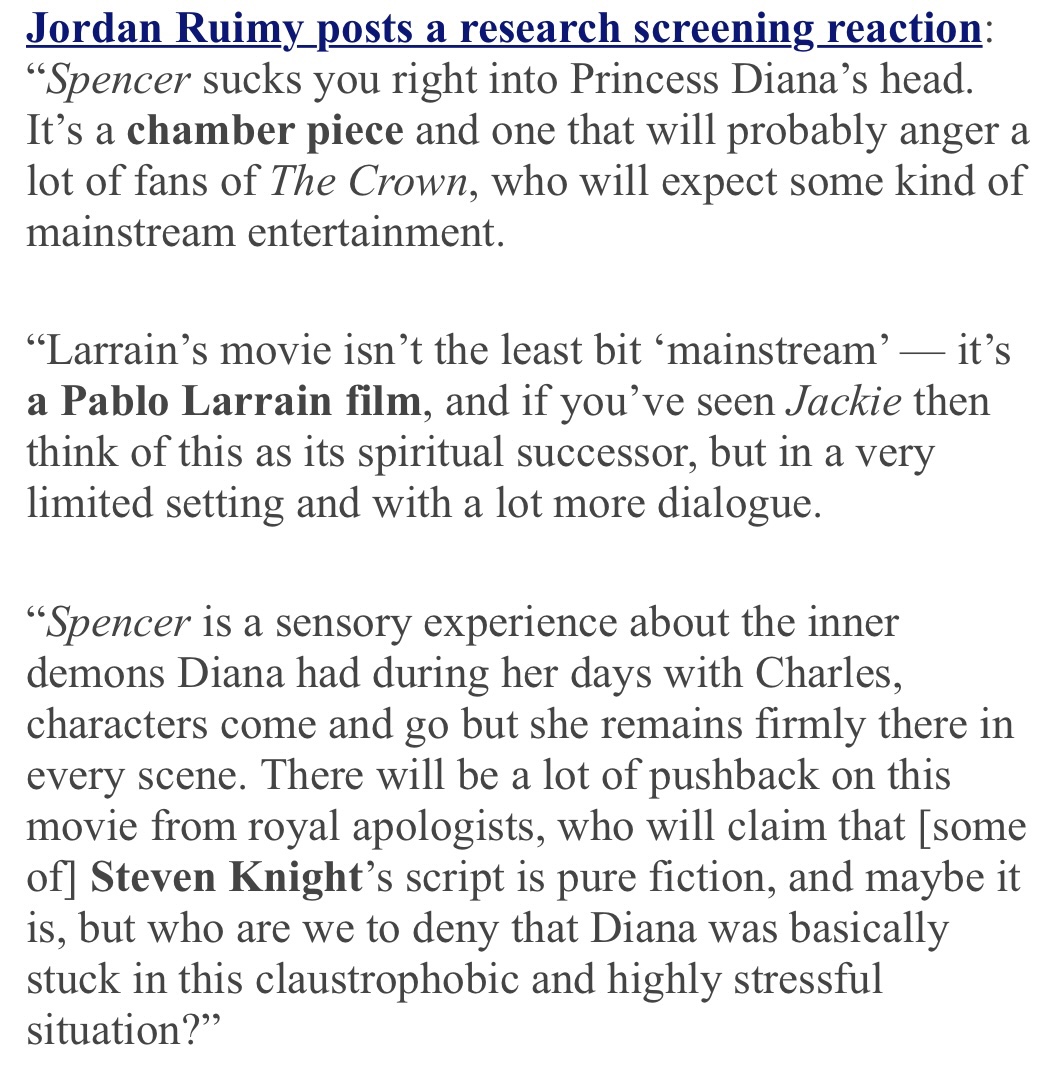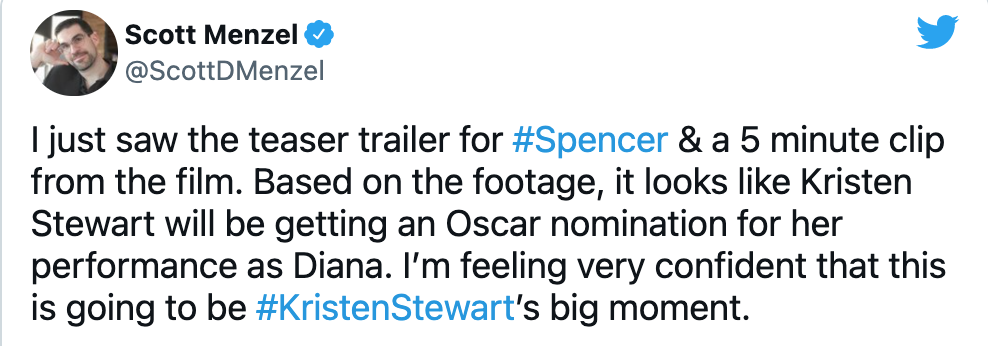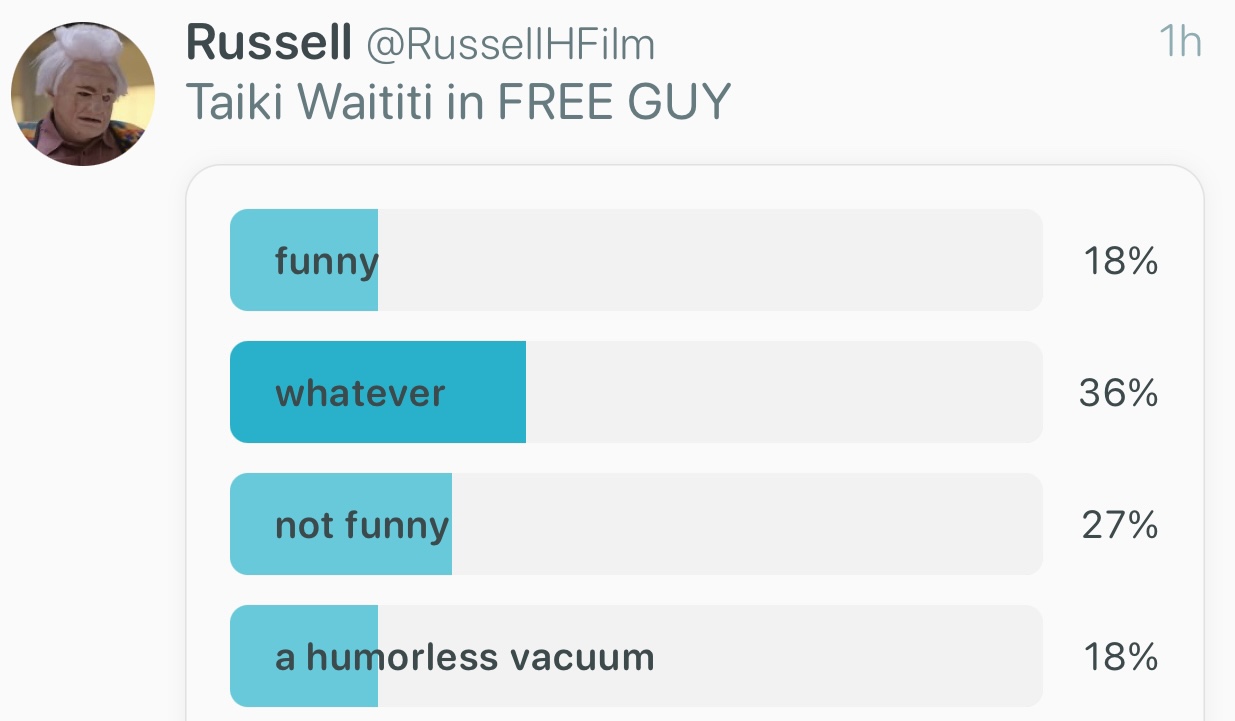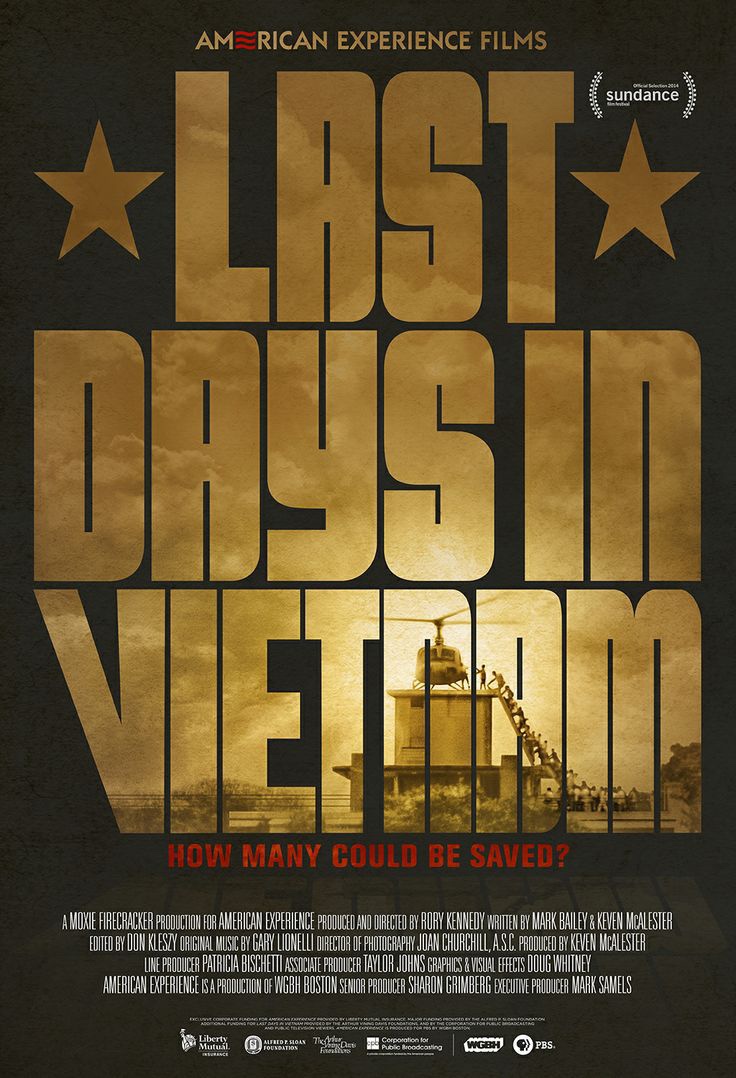George Roy Hill‘s Butch Cassidy and the Sundance Kid and Jeymes Samuel‘s The Harder They Fall (Netflix, 10.22) are exercises in presentism — i.e., recreating the past according to present-day beliefs and standards.
Hill’s film, released in the summer of ’69, portrayed Butch and Sundance as cool-cat, anti-establishment heroes — i.e., flawed but lovable rogues who were into bank-robbing as a kind of irreverent hooliganism. Samuel’s film, an all-Black western, is, to go by the trailer, an ultra-violent attitude flick…a hardcore shoot-em-up that deals in ruthless blam-blam as an assertion of POC power and a general indifference to drilling anyone who stands in their way.
Hill and Samuel’s westerns are joined at the hip in the sense that they both depict train hold-ups.
The Butch Cassidy robberies (there are two) are about character-driven humor, especially in the playful relationship between Butch and Woodcock, an employee of E.H. Harriman, and casual slapstick foolery.
Not so much with the trailer for The Harder They Fall. The first significant activity is Regina King‘s “Trudy Smith” stopping a train and then casually murdering the train engineer (played by David Hight) because he’s an ornery cuss, and also, one gathers, because he’s white and has to pay for the historic toxicity of Anglo-Saxon behavior.
Fair question: The engineer is just mouthing off at Trudy — did he really need to die for this? The answer is “she felt like plugging him and that’s that…don’t you bother yourself whether it was necessary or not…our Black desperados get to drill holes in anyone they feel like drilling, and if you don’t like it, that’s too damn bad.”
Imagine if Woodcock had gotten mouthy with Butch and told him he was an immoral, train-robbing fiend, and Butch had taken offense, pulled out his six-shooter and shot Woodcock right between the eyes. The audience-comfort factor would’ve flown right out the window. Therein lies the difference between George Roy Hill and Jeymes Samuel slash Boaz Yakin.


